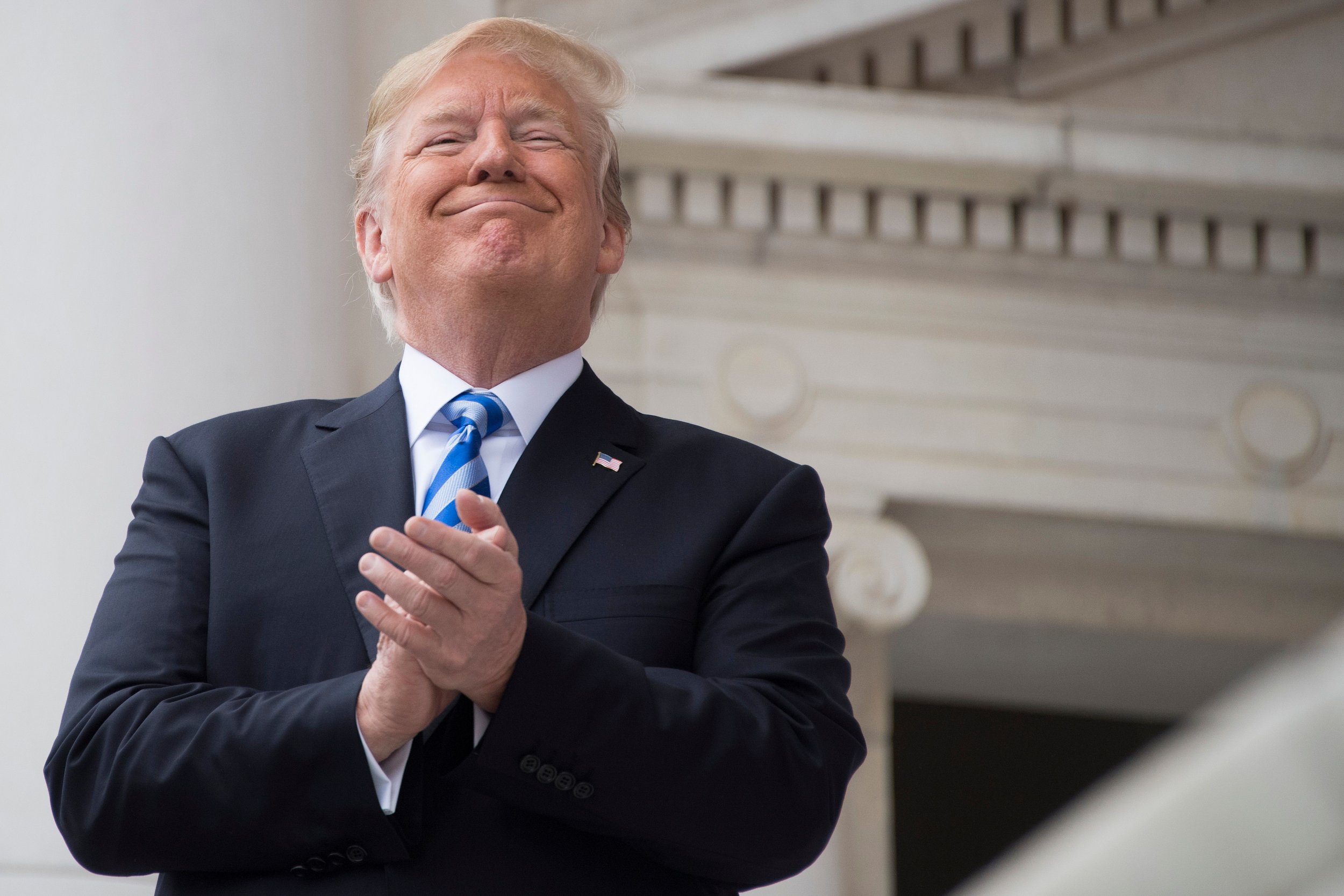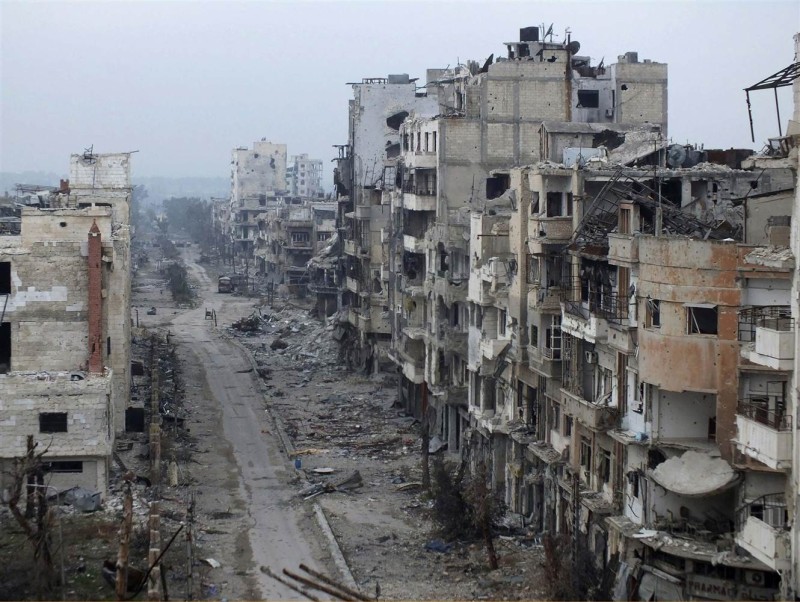This post is the first in a four part symposium on the Cuban Missile Crisis, one of the the most studied cases of IR. With the release of documents in recent decades, historical revisions have challenged the received wisdom informed by mainstream...


This post is the first in a four part symposium on the Cuban Missile Crisis, one of the the most studied cases of IR. With the release of documents in recent decades, historical revisions have challenged the received wisdom informed by mainstream...

As the world rushes to respond to the Covid-19 pandemic, international relations scholars have a lot to say. We are not public health experts, or pathologists. But we can speak to the way states...

"The blob" has become a common term during the Democratic Primary. The DC foreign policy establishment, so the argument goes, has an overwhelming effect on all who engage with it, sucking them in...

I got an alert from the Foreign Policy app on my phone the other day: Tunisia had fired its UN ambassador after he opposed Trump's Israel-Palestine "peace plan." Tunisian foreign policy doesn't...
So, after breaking out and analyzing the foreign policy aspects of the two Republican presidential nominee debates, it's finally time for the Democrats to take center stage. I'll be working off the transcript posted at the Washington Post. The foreign policy starts early, with candidates touting their cred: Chafee notes that he voted against the Iraq war and served on the Foreign Relations Committee; Webb offers up his service in Vietnam and as Assistant Secretary of Defense and Secretary of the the Navy, as well as his early support of the "pivot" to Asia. The debate swings into domestic...
My overall view of the first democratic debate of the 2016 nomination contest probably tracks with the consensus. I should disclose that I've contributed to the Sanders campaign and support it, even though my views on some issues are more conservative. In brief, Clinton showed herself a capable and exceedingly well-prepared politician. I jokingly commented on social media that this encapsulates her biggest advantage and her biggest liability. But, to be honest, it really is much more of an asset than anything else. She's extremely smart, experienced, and skilled at politics. She is also...

I'm on team Dan on the question of not freaking out over Syria. I don't think Jeff's assessment on this blog reflects the reality which is one of Russian weakness, nor am I convinced, per Seth's conjecture, that the Obama administration had some master plan to lure the Russians in to Syria. Russia's moves in to Syria suggest real fear that their long time client state could fail. By one estimate, the Syrian army has been reduced by 2/3 to less than 100,000, and as Dominic Tierney points out in The Atlantic, Assad may control only a 1/5 of Syria. I also agree with a number of folks like...
The Russian Federation covers more territory than any other country. It has a large nuclear arsenal, skilled weapons designers, and the world's fourth largest military budget—after the United States, China, and Saudi Arabia. But it maintains that budget—which comes it at roughly 12% of US military expenditures—by spending a larger percentage of its GDP on defense than does the United States, China, Britain, France, Japan, or Germany. Indeed, if the major European economies boosted defense spending to 3% of GDP—still short of Russia—they would each have larger military budgets. Of course,...
Russia has begun conducting air strikes in Syria, much to consternation of many. But there seems to be some in the Obama Administration who can barely contain their glee at the thought of Putin and Russia getting bogged down in the Syria quagmire: “If he wants to jump into that mess, good luck,” one official said, noting that Russia had become bogged down in Afghanistan a generation ago in a fight against Islamic radicals. Deputy National Security Adviser Tony Blinken told reporters that the Russians may be “making a terrible strategic mistake” by deepening their military involvement in...

The Third Way project, a centrist Democratic policy outfit, has just released an interesting survey on public attitudes going in to the 2016 election. They make two arguments that I think are worth exploring, (1) the foreign policy advantage Democrats briefly enjoyed in the wake of the Iraq War has dissipated and (2) foreign policy may be more salient in this election than in the recent past. My general take is that foreign policy, barring a crisis, isn't a big driver of voter decisions in presidential elections. That said, it could be an important issue for a more significant segment of...
The ominous Russian military buildup in Syria represents the most significant projection of force beyond the territory of the former Soviet Union since the old Cold War. It will allow Russia to keep the brutal regime of Bashar al-Assad in power in Syria, effectively negating the new diplomatic path toward resolution of the regional sectarian war that has been opened up by the Iran nuclear deal. In addition it will further enable Russia to build and retain a major forward operating base for Russian military forces. At first it will be used to keep Assad in power. Then, as a cover, Russia...
Last night was the second debate between the GOP presidential candidates. So, as I did with the first one, let's take a look back at the foreign policy aspects, shall we? I'll be working off of the debate transcript published by the Washington Post. And, like last time, I won't be considering immigration as a foreign policy issue because a) the candidates are dealing with it as a domestic policy issue and b) I don't know much about the politics of immigration. I also won't engage the question of whether Donald Trump can be trusted with access to the US nuclear arsenal. (I apologize for the...